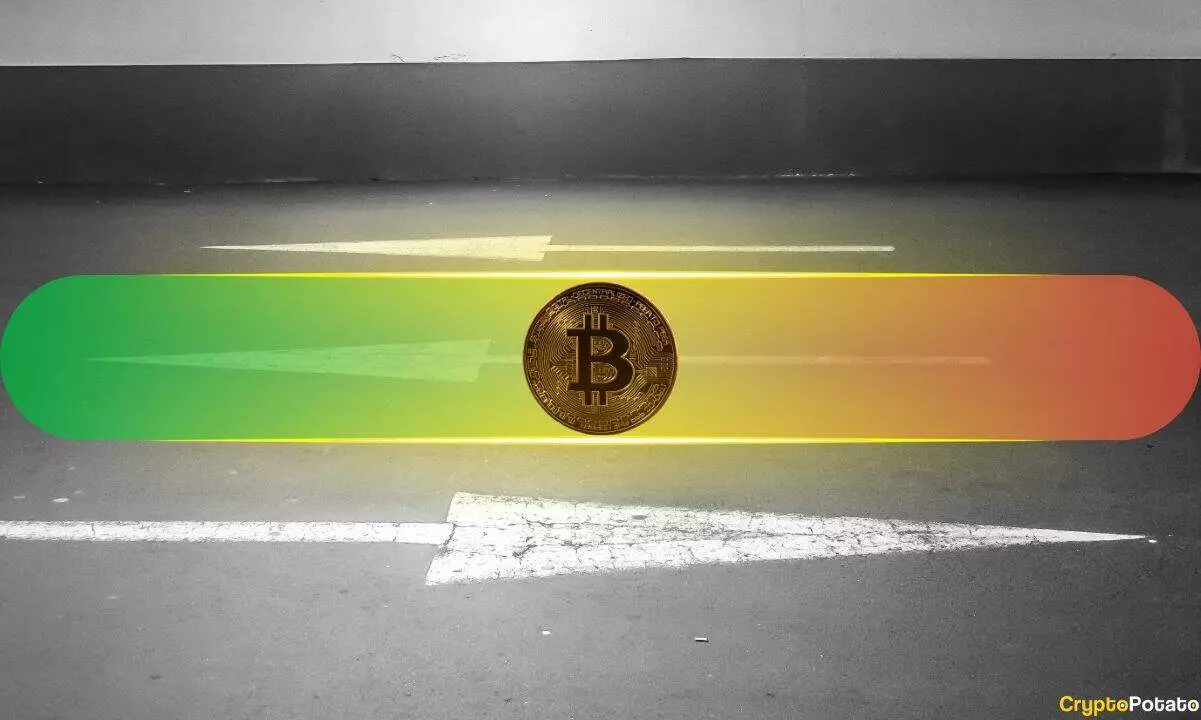Bitcoin (BTC) has recently seen a notable increase in its price, driven predominantly by robust activity in the spot market. Unlike speculative trades in futures or perpetual contracts, this bullish momentum is characterized by a significant commitment of capital from both retail and institutional investors. Reports from Bitfinex highlight on-chain metrics that align with an optimistic outlook for Bitcoin. The increase in inflows into United States-based spot Bitcoin exchange-traded funds (ETFs) is a critical indicator of this growing confidence, suggesting that market participants are becoming increasingly optimistic about the digital asset’s future potential.
One of the most revealing metrics used to analyze this rally is the Spot Cumulative Volume Delta (CVD). This measure provides insight into buying and selling pressure by calculating the net volume of market orders: it subtracts the volume of sell orders from buy orders across different exchanges. Since Bitcoin’s price dipped below $53,000 in early September, the positive trend indicated by the CVD suggests that momentum is geared towards a price increase. With traders showing more interest in spot orders, the market is exhibiting signs of a healthier, more sustainable rally compared to leveraged market activities, typically linked to futures contracts. This shift in behavior can often signal a deeper level of market maturity among investors.
Despite the recent upward trajectory, analysts express concerns about Bitcoin nearing resistance levels between $60,500 and $61,000. Historically, this price zone has acted as a crucial resistance point, posing potential challenges for BTC’s continued ascendance. The flat nature of the CVD metrics, even as Bitcoin prices continue to climb, raises alarms within the trading community. If the market witnesses a de-risking event—which is plausible ahead of the Federal Open Market Committee (FOMC) meeting—the resulting pressure could lead to a significant reversal in Bitcoin’s price trends. Past performances suggest that risk assets, including cryptocurrencies, often undergo sell-offs following pivotal announcements from the Fed, although this doesn’t guarantee future outcomes.
As the market anxiously awaits the forthcoming decisions from the FOMC regarding potential interest rate adjustments, the behavior of market participants remains uncertain. Whether the Fed opts for a modest 25 basis point cut or a more substantial 50 basis point reduction, Bitcoin could face fluctuating sentiments ranging from caution to bullishness. This duality of potential outcomes could further exacerbate volatility in the crypto arena. A recent 14% increase in Bitcoin’s Open Interest across all perpetual trading pairs indicates active positioning by traders, while more balanced funding rates—shifting from extremely negative to neutral—underscore a period of cautious optimism in the market.
The pathway forward for Bitcoin is riddled with uncertainties. While the current rally driven by spot market activity marks a positive sentiment shift among investors, the looming resistance levels and broader economic influences such as Federal Reserve actions raise valid questions about sustainability. Traders and investors remain at the brink of potential volatility, shaping an intricate landscape that requires vigilance and adaptability. As the FOMC meeting draws closer, the reactions of market players will be critical to understanding Bitcoin’s near-term future in the ever-evolving cryptocurrency market.















